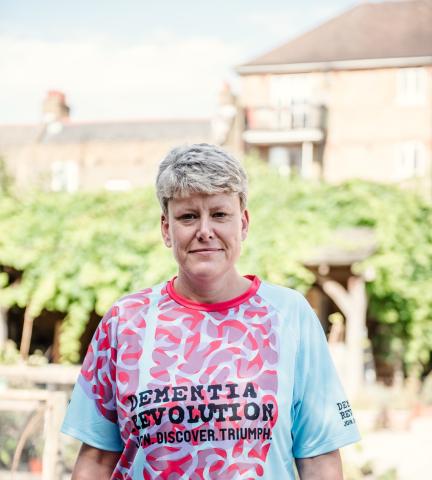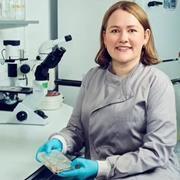Abstract
Intronic GGGGCC repeat expansions in C9orf72 are the most common known cause of frontotemporal dementia (FTD) and amyotrophic lateral sclerosis (ALS), which are characterised by degeneration of cortical and motor neurons, respectively. Repeat expansions have been proposed to cause disease by both the repeat RNA forming foci that sequester RNA-binding proteins and through toxic dipeptide repeat proteins generated by repeat-associated non-ATG translation. GGGGCC repeat RNA folds into a G-quadruplex secondary structure, and we investigated whether targeting this structure is a potential therapeutic strategy. We performed a screen that identified three structurally related small molecules that specifically stabilise GGGGCC repeat G-quadruplex RNA We investigated their effect in C9orf72 patient iPSC-derived motor and cortical neurons and show that they significantly reduce RNA foci burden and the levels of dipeptide repeat proteins. Furthermore, they also reduce dipeptide repeat proteins and improve survival in vivo, in GGGGCC repeat-expressing Drosophila Therefore, small molecules that target GGGGCC repeat G-quadruplexes can ameliorate the two key pathologies associated with C9orf72 FTD/ALS These data provide proof of principle that targeting GGGGCC repeat G-quadruplexes has therapeutic potential.
PMID:29113975 | DOI:
UK DRI Authors




